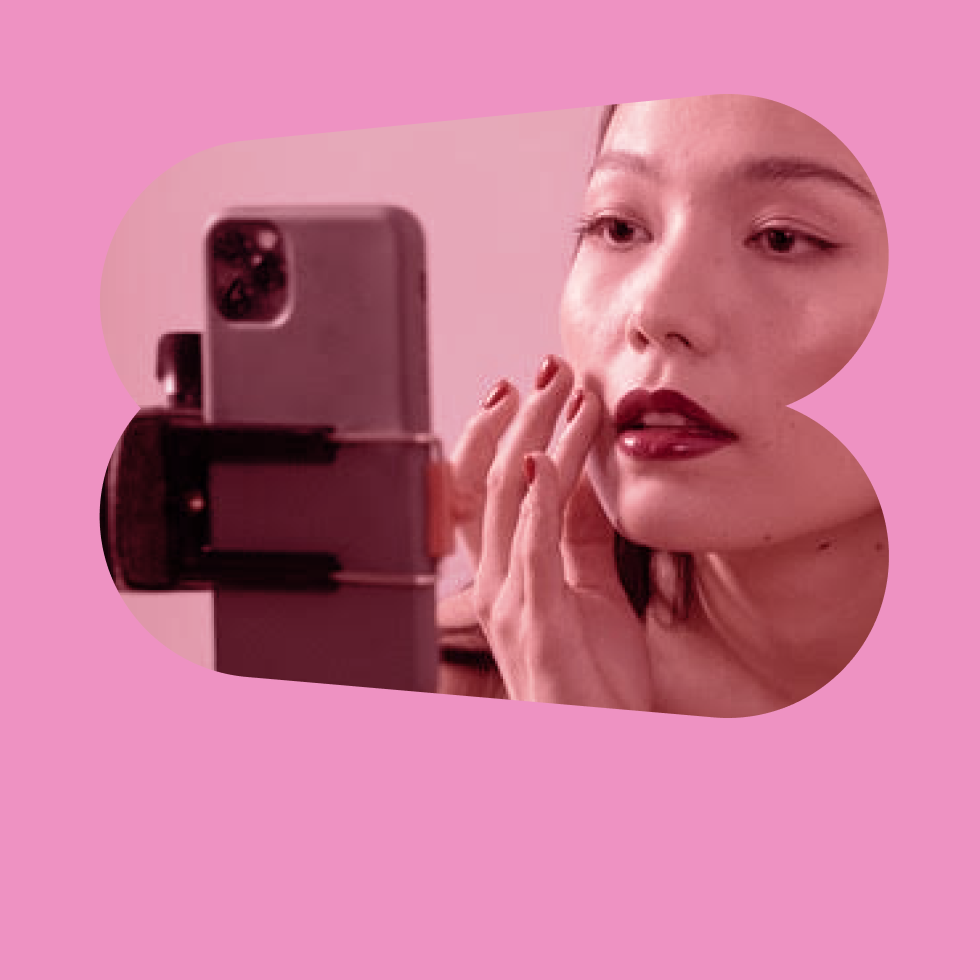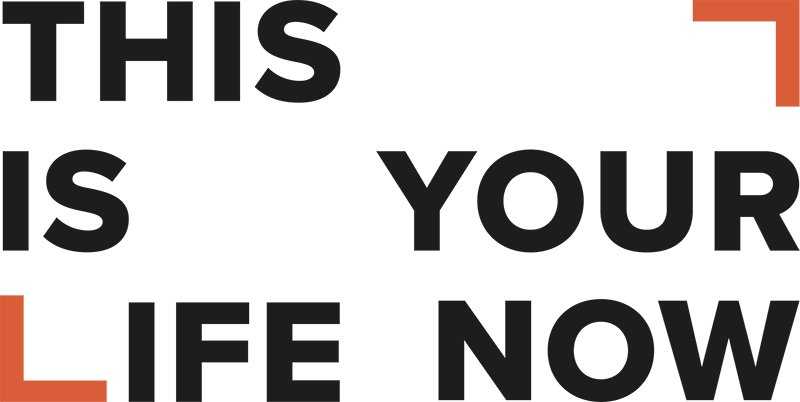Sell me acne products with your poreless skin!
Published
August 23, 2022
By
Tracey Toh

Recently, my Instagram feed has been full of ads for brow embroidery, and naturally, I have begun to suspect that my brow game is not strong enough. It had never really occurred to me until now, but gazing upon shots of immaculately shaped, shaded and threaded brows, I’ve been thinking about getting my own done. These ads, through sheer ubiquity, created a desire where there was none.
I’ll admit that this has happened before. Looking at images of other women has ignited insecurities about my physical self. Pictures of other women in bikinis have convinced me that I must be the only human alive with puberty stretch marks. Photos of poreless Korean models have made me anxious about acne. Posts of perfect blowouts have even made me question whether I am prematurely balding, if I cannot get my hair to look that voluminous.
With my confidence thoroughly shattered, I can’t help but to consider the IPL at-home treatments and the brow pencils and the overpriced body exfoliants. I enthusiastically add to cart.
I know that coveted hairdryer is unconscionably expensive. I know I will not derive deep personal fulfilment from smearing snail mucus on my face. I also know that huge social media teams exist to target consumers like me and that everything I see is rigorously photoshopped, airbrushed and meituxiuxiu-ed.
I know, but it’s hard to shake the sense of wanting—the sense that I lack something, and the urge to make up for that lack with a beauty product or service. As absurd as it gets, this wanting to look good, to measure up to the images of our peers and influencers, is real. Sometimes, if I’ve spent too much time online, I feel it acutely. Most of the time, the desire to look good constitutes a low-grade hum against the rhythms of my life. It’s always there, in the background, irrepressible.
Doing it for me, and also for the gram
I feel bad about this wanting to look good, though such guilt is at odds with an internet culture where wanting to look good is embraced and celebrated by young women. We like to believe that choices are indisputably individual — that if a girl wants to shave, subject herself to a strict diet, or wake up early to contour her face, it’s purely a matter of personal preference, even a sign of female empowerment. She’s doing it for herself, we say, and the discussion usually ends there.
But my choices are never wholly my own, since my yearnings do not arise in a vacuum. Images alone have so much power to shape my tastes and preferences. By creating points of identification, comparison and aspiration, by inspiring envy, lust and awe, they can reach the most intimate parts of myself — the sources of my shame and satisfaction, the very basis of my self worth.
There isn’t really anyone specific responsible for this knot we’re in. Who, after all, is holding up these ideals of physical attractiveness and promulgating these images? Who can I indict with insidiously manufacturing my desires? Mark Zuckerberg? The cosmetics industry? The patriarchy? Other women? Our mothers? Who exactly is the Big Bad here?
The pleasure I take in looking good is tangled up with the cumulative forces of social conditioning, the same forces that privilege certain body types, skin tones and facial features over others. I can’t extricate how I want to look from all the invisible norms, pressures, prejudices that determine how we judge women’s looks.
In the matrix
Those Korean idols with flawless skin, those taut CrossFit bodies, those influencers with impossibly lush hair, every one of our images shores up our contemporary physical ideals. We are all, each of us, living models of what beauty looks like for other women, for generations of young girls. And perhaps, even if we owned the full weight of our choices, even if we spent as much time debating how our refusals can reconfigure cultural attitudes as we do perfecting our brows, none of us would choose differently.
To know if I truly want something, I ask myself whether I would want the same thing if society didn’t tell me to want it. That’s a vital, impossible question which runs against the grain of our current reality, and I have no easy answers. I can argue about the motives, methods, mechanisms of how our internet culture works, how they create unrealistic expectations that discipline women and our bodies—and I still find myself wanting the things that discipline me.
I’m still here, looking at the impeccable brows of some other girl and wondering if they’re worth it.

